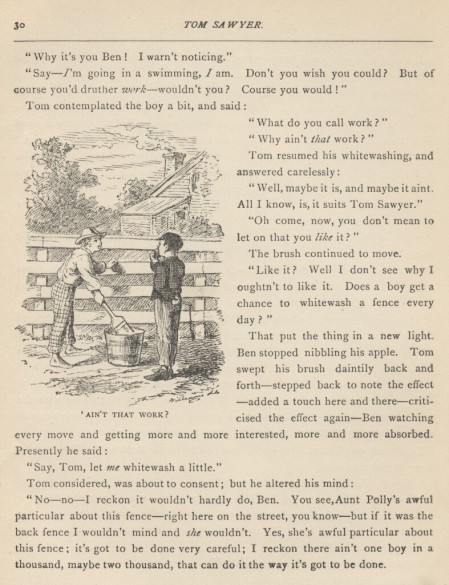Oklahoma State University’s School of Media and Strategic Communication and Spears School of Business will provide approximately 125 students across five courses with Apple’s iPad. (Source – Macsimumnews.com)
OKLAHOMA STATE UNIVERSITY TO LAUNCH APPLE IPAD STUDENT PILOT INITIATIVE
Written by Oklahoma State University
Saturday, 19 June 2010 14:39
Oklahoma State University will pilot an Apple iPad initiative during the Fall 2010 semester with select courses in the School of Media and Strategic Communications and the Spears School of Business at both the Stillwater and Tulsa campuses, announced OSU President Burns Hargis.“This pilot initiative will provide valuable insight into the research benefits of the Apple iPad in the classroom,” said Hargis. “The iPad has had an amazing impact since it was introduced last April and we are excited to be able to put this powerful and creative tool in the hands of students and faculty and see what happens.”
Bill Handy, visiting assistant professor in the School of Media and Strategic Communications, and Tracy Suter, associate professor of marketing in the Spears School of Business, will lead the initiative. Each class will integrate the iPad differently but will focus on specific measurable outcomes.
The iPad pilot will be launched this fall with approximately 125 students in five different courses.
“This limited pilot will be focused on fields of study where we believe we can best determine the higher education value of the iPad,” said Handy. “We will evaluate the academic enhancement to the courses, how the iPad and its specific apps and web-based tools can be integrated in this capacity, and perhaps most importantly, how the integration of these mobile tools can expand the tactical abilities of students as they enter the workforce.”
The iPad and other mobile tools are already integrated into daily business use. In both schools, the iPad will be used for academic purposes and to explore innovative uses and tactical uses specific to each school’s industry needs.
“In addition to mobility, the iPad will allow us to work in real-time,” said Suter. “For example, data collection and analysis in a research context can be a multi-day to multi-week process. By using the iPad, we can replace paper-and-pencil research with the immediate process of data collection, review and summary over a Web interface.
“I certainly have ideas of how I would like to use an iPad.” Suter said. “But collectively we will discover new uses a single individual might not have conceived independently. Putting the newest technology in the hands of students allows them to stretch the limits of how it can be used.”
Cost savings for students will also be evaluated. In one case, students using the iPad in a single course will save more than $100 on a single textbook, which can be downloaded in an ePub format.
OSU is leading the way in the integration of technology in the classroom. It is already using a variety of tools such as iTunesU and YouTube, along with other collaborative tools. OSU is also exploring the development of mobile applications to integrate current publications into an online and app platform, offering expense savings and enhanced distribution.
One of the conversations had at WWDC this year talked about the will to put together a similar pilot at the University of Ulster.

